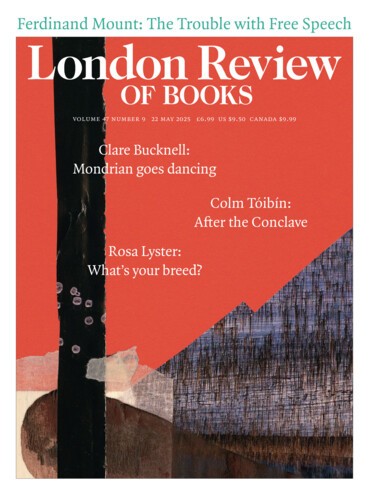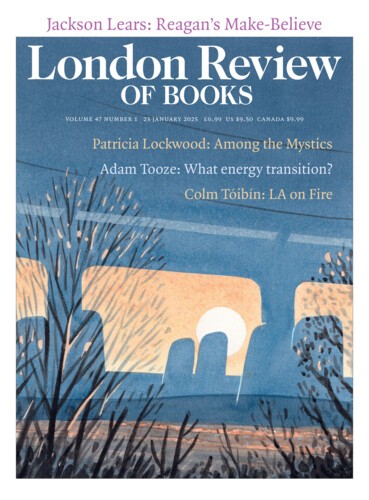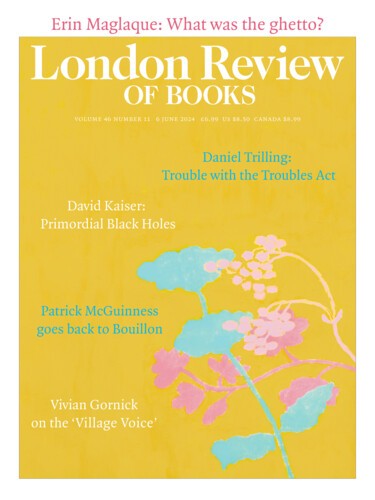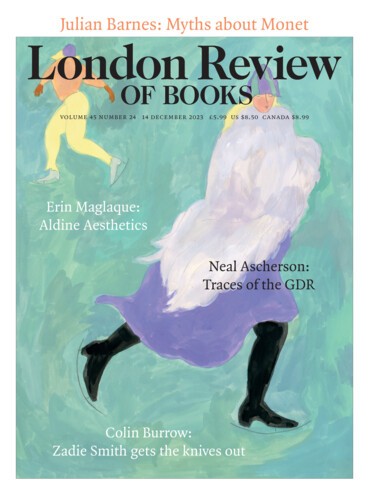Agent of Influence: Christopher Hill’s Interests
Stefan Collini, 22 May 2025
Biographies of scholars often struggle to do justice to their subjects’ scholarship. Describing the slow, patient exploration of evidence and the stuttering formulation of interpretations need not be as exciting as watching paint dry, but scholarship remains an activity that is hard to communicate and nigh impossible to render in dramatic terms. The temptation is strong to concentrate...





